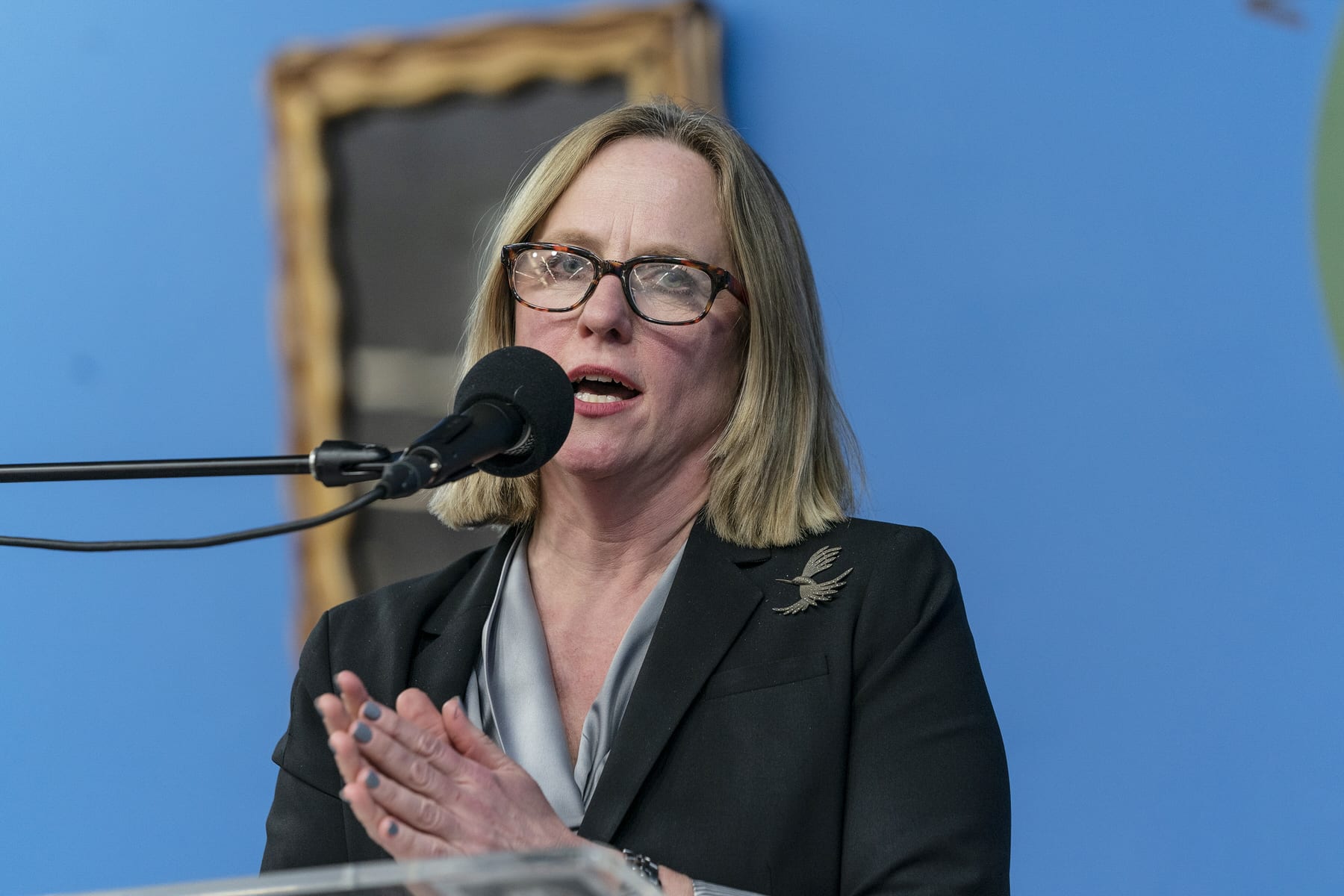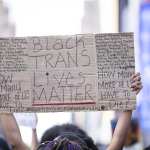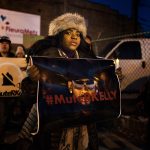District attorneys in New York City have moved to dismiss nearly 1,500 sex-work-related cases as Mayor Bill de Blasio pushes for a statewide decriminalization.
Queens District Attorney Melinda Katz said Tuesday that she is requesting the dismissal of nearly 700 cases involving prostitution-related offenses. That followed a March 8 announcement from Bronx District Attorney Darcel Clark that a judge granted her office’s motion to dismiss more than 800 prostitution-related cases. Some of those cases date back to the 1970s.
“Historical data shows that enforcement of this statute had primarily been used to arrest people based on their gender or appearance,” Katz, who has not prosecuted any person charged with loitering since taking office in January 2020, said in a statement. Katz cited last month’s repeal of New York’s “walking while trans” ban. “Dismissing cases related to this unfair and now repealed statute frees members of our community from the collateral consequences of their arrests.”
The now-repealed law, which had been in place since 1976, allowed police officers to arrest any person on the street, sidewalk, park or subway for repeatedly attempting to engage people in conversation as long as the officer read those actions as “intent to engage in prostitution.” Opponents called the application of the law “arbitrary and discriminatory,” saying police often targeted transgender people.
The dismissal of the cases in Queens and the Bronx coincides with de Blasio’s new proposal to support sex workers, part of the city’s larger plan to change how police work. The proposal outlines a future where no one is arrested for selling sex. A bill to legalize the buying and selling of sex was introduced in the state legislature in 2019, but it did not reach the Assembly or Senate floor.
“It’s time to decriminalize sex workers and focus our enforcement on those who exploit and profit off a broken system,” de Blasio said at a virtual news conference Tuesday. “We are calling on the state to end criminal penalties for sex workers and help us reach those in need without requiring involvement with the criminal justice system.”
The number of arrests in New York City for sex crimes has decreased about 21 percent from last year to this year to date, according to police data. The police department said racial disparities in arrests persist even as arrests drop. In 2019, about 33 percent of those arrested on all prostitution-related charges were Black, according to the police department. Thirty-one percent were Asian, 29 percent were Hispanic and 7 percent were White.
The mayor’s proposal also calls for expanding community-centered services to sex workers, including health, employment and safety programs. It also calls for the police department to review procedures around identifying instances of human trafficking with a focus on arresting the traffickers instead of the sex workers.
“The communities hit hardest by the continued criminalization of sex work and human trafficking are overwhelmingly LGBTQ,” the city’s first lady, Chirlane McCray, said in a statement. “They are people of color, and they are undocumented immigrants. Sex work is a means of survival for many in these marginalized groups. Instead of handcuffs they need services, housing and support, and these reforms will enable them to come forward without fear.”
Zil Goldstein, a nurse practitioner and associate director of medicine for transgender/nonbinary health at Callen-Lorde Community Health Center, applauded the mayor and Black, brown and transgender activists for their work to decriminalize sex work.
“The best way to support the health and wellness of sex workers is by protecting them from harassment and unjust incarceration,” Goldstein said in a statement.
Zola Bruce, a social worker with the Sex Workers Project of the Urban Justice Center, said they believed that decriminalization would lead to a decrease in human trafficking and sex workers could be hired as experts to help identify vulnerable individuals.
“Sex workers are multifaceted people,” Bruce said in a statement. “They are healers, educators and advocates who work in an industry heavily exploited due to stigma and morality policing.”






